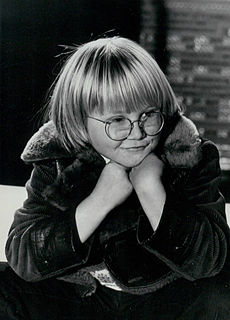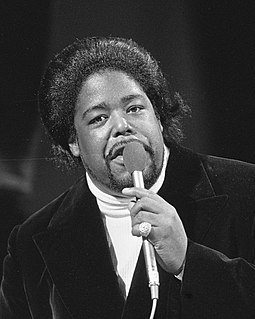A Quote by Jeremy Scott
Related Quotes
The Jetsons had them in the 1960s. They were the defining element of 'Knight Rider' in the 1980s: cars that drive themselves. Self-driving cars appear in countless science fiction movies. By Hollywood standards, they are so normal we don't even notice them. But in real life, they still don't exist. What if you could buy one today?
Sometimes people will bring up these odd things that I did a one-off from. Like, I did a 'Knight Rider,' and I'll get an E-mail from a 'Knight Rider' fan who says, 'Look what I did to my car!' And I don't know if you know about this, but there is a sub-cult of 'Knight Rider' fan who trick out their cars to look like KITT. I'm, like, 'Really? Isn't there anything else you can do? Do you make that much money? Because I have projects I'd like to get off the ground, so how about you don't make KITT and you give it to me?'
[There, in War Horse] very little CGI. What happened there - because the horse was running very close to the trench, we had a rider. So in few instances, we had a rider dressed in a green suit. The rider would guide the horse through the frame, and through CGI [we removed] the rider. But that's about it.
I grew up in Texas, and people love their American-made muscle cars there. I grew up around people who loved cars and took care of cars and my dad's a big car nut, so I learned a little bit about cars - how to love them, most importantly. I think that from the time I could remember, I've always envisioned myself in a vintage muscle car.
The mind is divided, like a rider on an elephant, and the rider’s job is to serve the elephant. The rider is our conscious reasoning-the stream of words and images of which we are fully aware. The elephant is the other 99 percent of mental processes-the ones that occur outside of awareness but that actually govern most of our behavior.








































